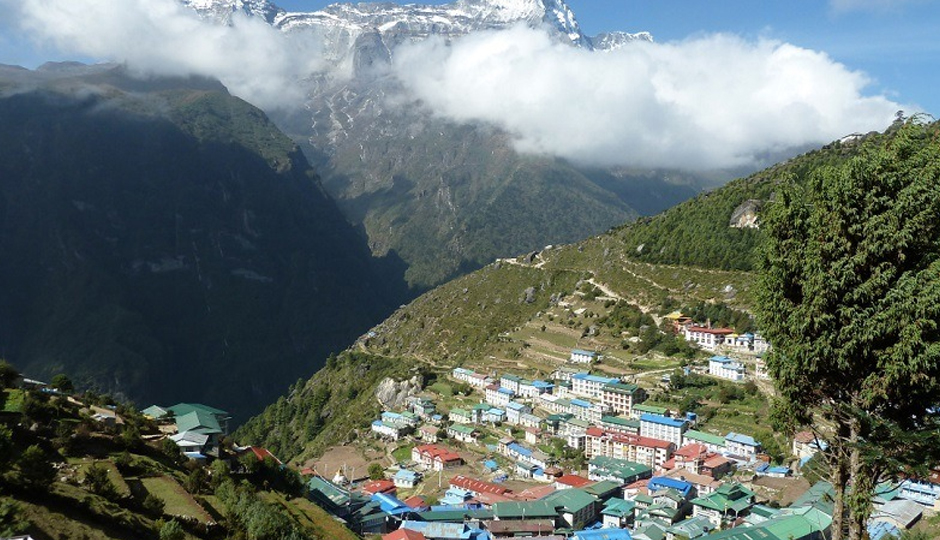8 Famous Temples In Nepal You Must Visit
By: Priyanka Maheshwari Thu, 19 Oct 2023 3:18:25
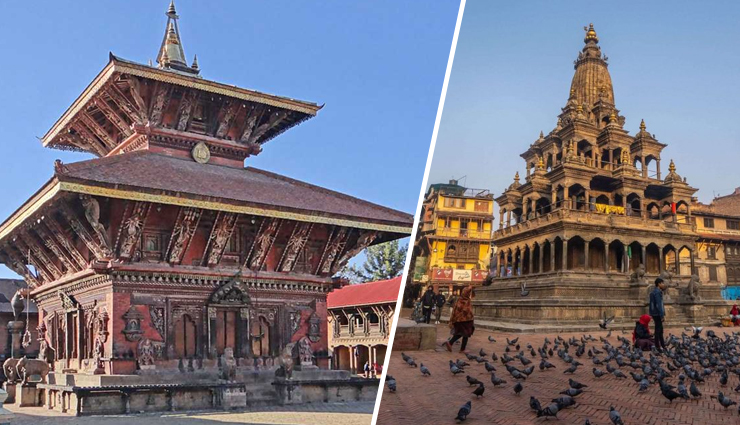
Nepal boasts a profound religious and cultural heritage, earning it the moniker "The Abode of Gods and Goddesses." Numerous visitors, both domestic and international, flock to its significant spiritual sites. What's truly captivating about Nepal is the perpetual abundance of sacred locations.
Within this nation, numerous ancient temples adhere to a timeless architectural style. While Nepal is renowned for hosting the world's tallest summit, Mount Everest, it remains a well-kept secret that the country offers a plethora of alternative tourist attractions.
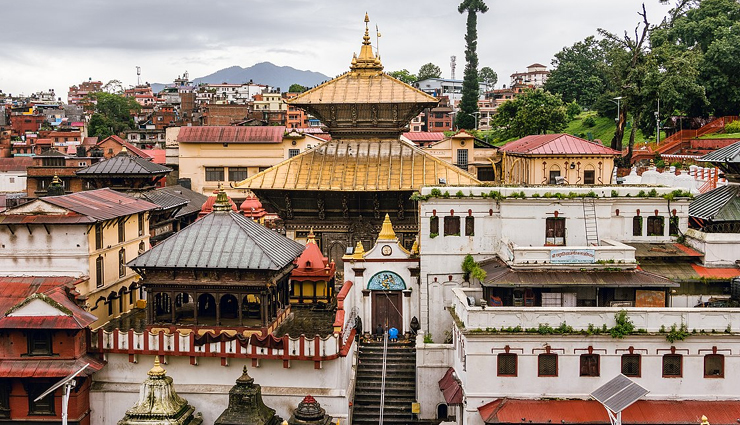
# Pashupatinath Temple
Pashupatinath Temple stands as one of Nepal's most revered Hindu temples, requiring no further introduction among adherents of the Hindu faith. Devotees from various corners of the world make pilgrimages here to pay homage to 'Lord Shiva.'
Located on the banks of the 'Bagmati' River, this temple's inner sanctum is accessible exclusively to followers of the Hindu religion, while non-Hindus may only observe from the riverbanks. This architectural gem is also recognized as a 'UNESCO World Heritage Site' and follows the classic pagoda style. Situated 5 kilometers to the north of the Kathmandu Valley, it is a place of great spiritual significance.
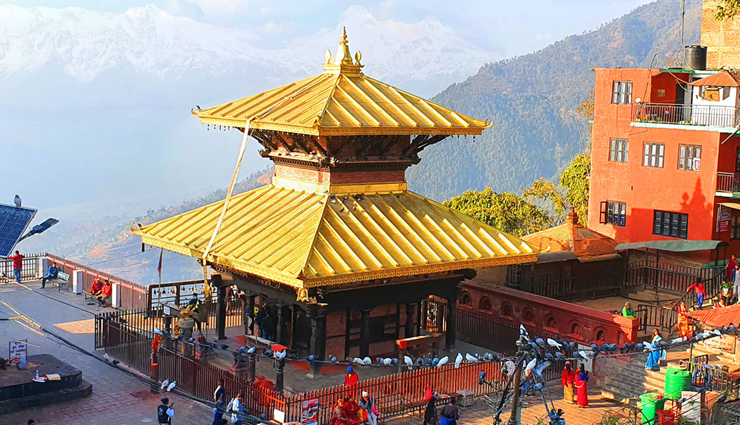
# Manakamana Temple
Manakamana Temple, located in Nepal's 'Gorkha' district, is yet another revered Hindu temple that has been fulfilling the wishes of devotees since the 17th century. The name "Manakamana" derives from "Man," signifying the heart or soul, and "Kamana," representing wishes, thus earning its fitting appellation.
Situated at a distance of 106 kilometers from the 'Kathmandu' district, this temple holds a mystical aura waiting to be discovered during your enchanting tour of Nepal. Legend has it that it came into existence when a farmer inadvertently struck a stone, causing blood and milk to flow, ultimately leading to the declaration of this sacred spot as a place of Goddess worship. This led to the construction of the magnificent Manakamana Temple as it stands today.
While historically primarily attracting Hindu worshippers, the temple now welcomes people from various religious backgrounds.
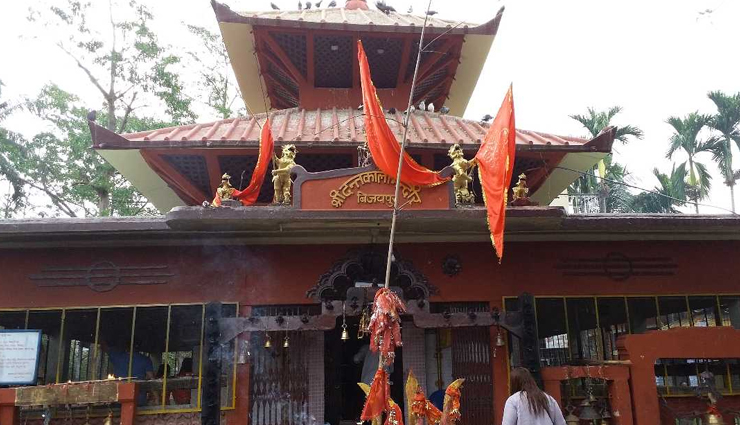
# Dantakali Temple
The Dantakali Temple is among Nepal's most renowned and esteemed temples. According to legend, it was founded when one of the teeth of Goddess 'Sati Devi' fell to the ground as Lord Shiva carried her lifeless body, wandering aimlessly. The name 'Dantakali' originates from "Dant," referring to teeth, and "Kali," representing Sati, signifying 'the Goddess with teeth.' This sacred temple is situated in the central hilly region of Vijaypur in Dharan.
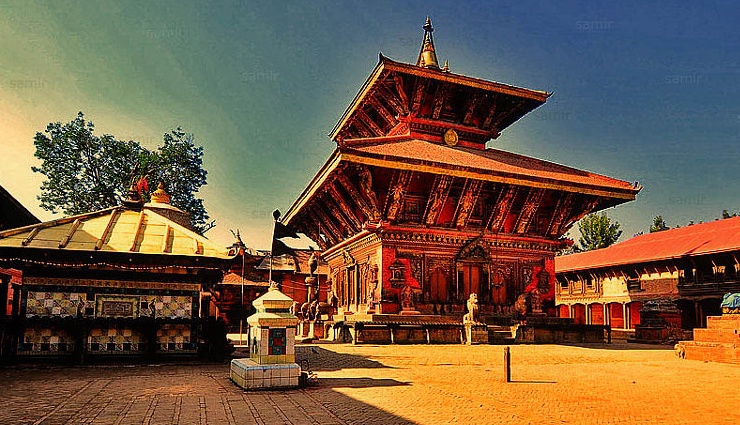
# Changunarayan Temple
Changu Narayan Temple stands as another revered Hindu sanctuary in Nepal, a remarkable architectural gem from the illustrious 'Mall' period of Nepal's history. This temple has earned the distinction of being recognized as a 'UNESCO World Heritage Site.'
As the oldest Hindu pagoda-style temple dedicated to Lord Vishnu in Nepal, Changu Narayan is located approximately 8 miles to the east of the 'Kathmandu' district, within the city of Bhaktapur. Travelers from various corners of the world visit this temple to witness its awe-inspiring beauty.
The temple's construction holds an air of mystery, with the exact details shrouded in the mists of time. Changu Narayan Temple serves as a focal point for numerous festivals, cultural events, and activities, drawing large gatherings of people to celebrate its rich cultural heritage.
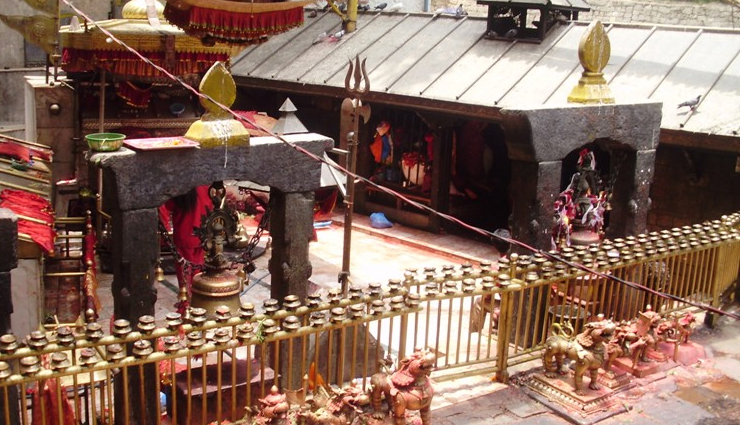
# Dakshinkali Temple
Located approximately 13-14 miles from the Kathmandu Valley, the Dakshinkali Temple is dedicated to the divine Goddess Kali. Local folklore tells that this temple's origin dates back to a dream experienced by a 'Malla' king in which Goddess Kali appeared.
The journey to Dakshinkali from Kathmandu Valley is a challenging 45-minute drive on a winding, mountainous road. Nevertheless, the temple holds immense significance for those seeking blessings. Many believe that the blessings of Goddess Kali have the power to fulfill their desires, and as a result, numerous people visit this temple to seek the fulfillment of their wishes. It stands as one of Nepal's renowned temples.
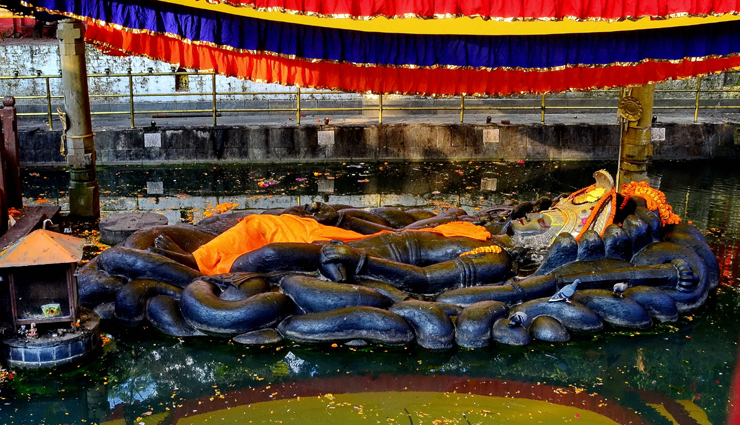
# Budhanilkantha Temple
This temple is celebrated as a sanctuary of serenity and spiritual energy, situated approximately 10 kilometers away from the bustling city of Kathmandu. Nestled at the foot of the 'Shivapuri Hill,' it is another prominent Hindu temple. Only individuals of the Hindu faith are permitted to approach the feet of Lord Vishnu reclining on the divine serpent 'Sheshnag.'
The belief surrounding this sculpture's discovery is rooted in a tale of a farmer tilling the fields. Many devout Hindus make pilgrimages to this magnificent temple. If you find yourself on a sightseeing tour of Nepal, a visit to this temple is a must, as it offers the opportunity to seek divine blessings. It stands as one of the most exquisite temples in Nepal.
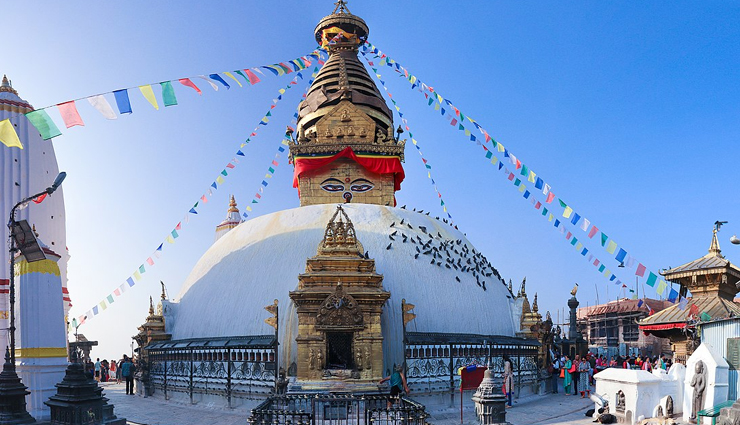
# Swayambhunath Stupa
Swayambhunath Stupa holds the unique distinction of being both a Hindu and Buddhist temple in Nepal. To truly experience the splendor of Nepal, this temple stands as one of the finest places to immerse oneself in the spiritual essence of this country. Its grand, gleaming white dome and radiant golden spire are visible from all corners of the Kathmandu Valley.
Historical records etched onto a stone inscription reveal that the Stupa was already a significant Buddhist pilgrimage site by the 5th century AD. However, its origins trace back to a much earlier period, well before the advent of Buddhism in the valley.
The 15th-century 'Swayambhu Purana' recounts a miraculous lotus planted by a previous Buddha, which blossomed from the lake that once covered the Kathmandu Valley. It ranks as one of the most resplendent temples in Nepal.
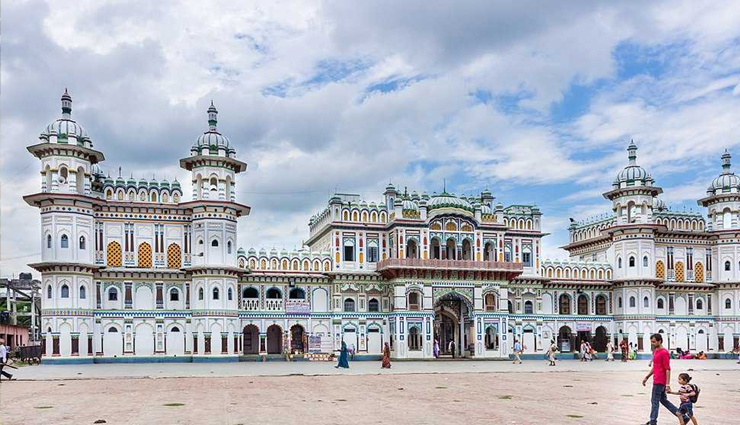
# Janakpur Temple
The Ram Janaki Temple, located in Janakpur, Nepal, is dedicated to Goddess Sita, the wife of Lord Rama, and is intricately intertwined with the revered epic of the "Ramayana." This area was once part of the kingdom ruled by King Janak.
The Ram Janaki Temple holds profound significance for Hindus and is considered one of their holiest places. It features various relics dating back to the 11th and 12th centuries AD, a testament to its enduring religious importance, which ensures its continual preservation and care. This temple is a prominent attraction for tourists visiting Nepal.
In its religious context, the Ram Janaki Temple can be compared to other similar sites such as the Lumbini World Heritage Site and the Pashupati Monument Zone within the Kathmandu Valley World Heritage Site.





